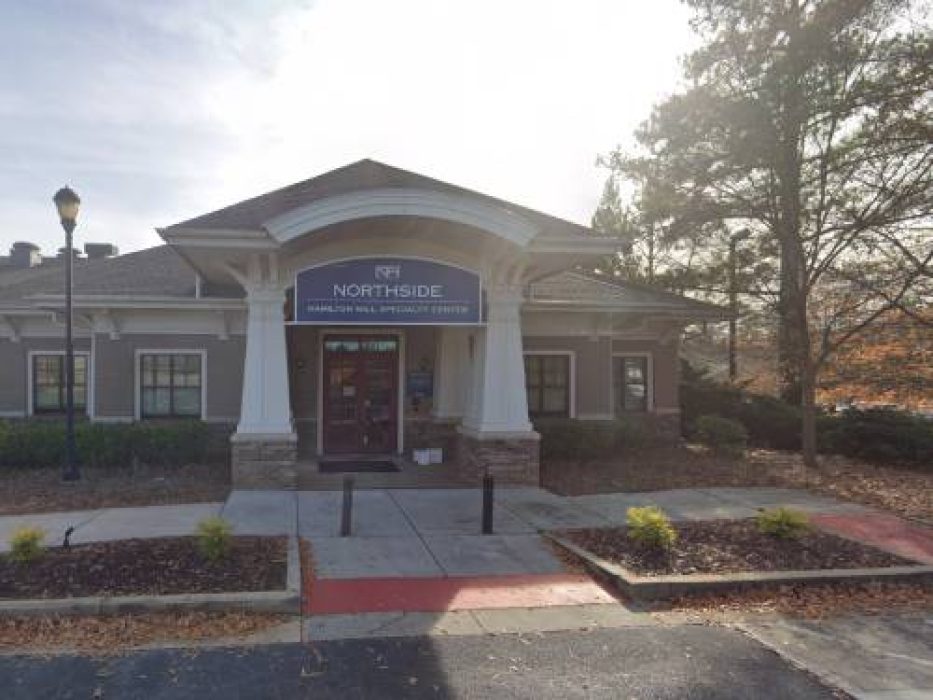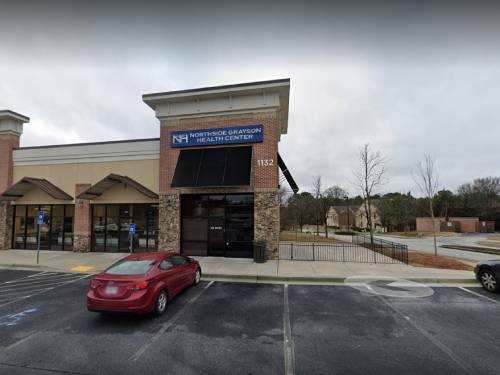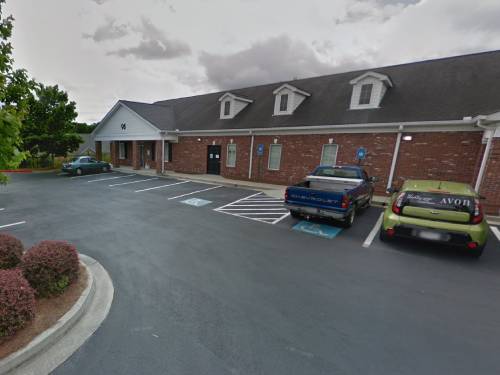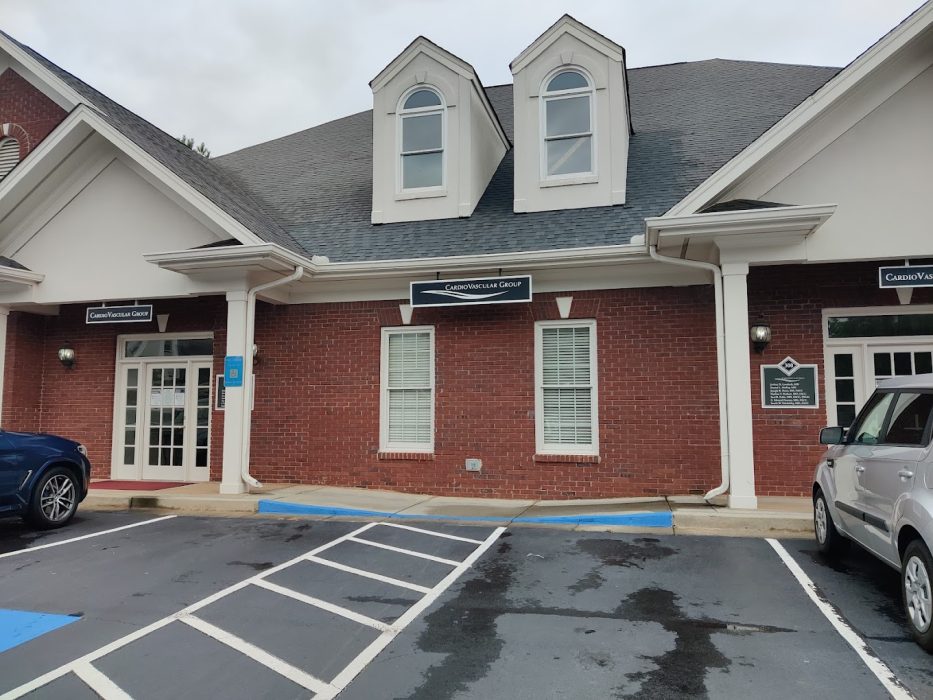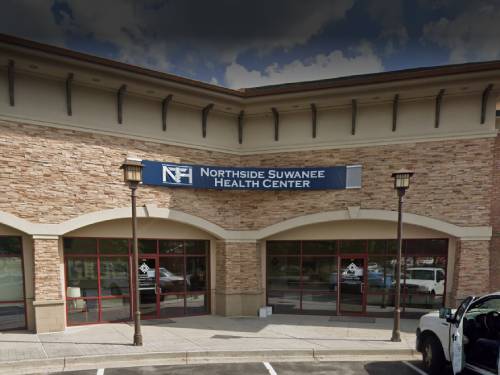Shortness Of Breath
Lorem ipsum dolor sit amet, consectetur adipiscing elit.

Shortness Of Breath Is Linked To Other Medical Conditions
Shortness of breath, or dyspnea, is when you cannot get enough air into your lungs. Dyspnea can be a sign of many different health conditions, some of them life-threatening. It can also be due to strenuous activity, so it is not usually something to worry about unless you are experiencing other symptoms.
We understand that you may feel concerned about shortness of breath episodes. At CVG, our cardiologists use the latest technology to diagnose and treat multiple breathing difficulties. We encourage you to explore the ways CVG can help you.
Your cardiologist needs detailed information about your lung function, heart health, and overall respiratory system to find the underlying cause of your shortness of breath. Our doctors use various sophisticated tests to evaluate this condition, including CT scans, pulmonary function tests, and cardiopulmonary exercise tests.
Since shortness of breath can have various causes, ranging from respiratory to cardiac issues, we want to ensure we do everything we can to pinpoint the cause of your symptoms. Our board-certified doctors will consider all potential factors, which will help us provide you with the most effective treatment.
Please be assured that your CVG physicians will offer state-of-the-art treatments, including medications, minimally invasive procedures, or advanced therapies, depending on your needs. An increasing number of treatments have become available in recent years, which has helped many patients get better results. The personalized nature of these treatments increases their effectiveness and can significantly improve your quality of life.
Risk Factors For Dyspnea
Dyspnea is very common since there are many different causes, but certain factors increase your risk of feeling short of breath. There is a higher chance of experiencing dyspnea for people with anemia, asthma, anxiety, heart or lung problems, a history of smoking, infections, lack of physical activity, and severe obesity.
Causes Of Dyspnea
Shortness of breath can have many different causes, as it is a symptom of a variety of other medical issues such as heart and lung conditions. If you have acute dyspnea, it only lasts for up to a few days, unlike chronic dyspnea which lasts longer than three to six months.
Causes of acute shortness of breath include allergies, anxiety, choking, infections such as bronchitis or pneumonia, injuries, medications, extreme temperatures, carbon monoxide poisoning, pulmonary embolism (blood clot in your lungs), and heart attacks. Causes of chronic shortness of breath include asthma, as this narrows your airways and causes difficulty breathing, and heart failure, since this causes heart muscle strain and affects the ability to pump blood. Other causes include lung disease, obesity, and poor fitness.
Testing For Dyspnea
Treatment For Dyspnea
Treatment for your shortness of breath will depend on what condition is causing it. Your treatment may include lifestyle changes such as increasing physical activity to strengthen your heart and lungs. This is not limited to just exercise, but also cardiac or pulmonary rehabilitation. Your doctor may also suggest that you learn breathing techniques to facilitate better airflow.
Other treatments your doctor may deem necessary include prescribed medications such as bronchodilators, which are inhaled drugs like albuterol that relax your airways and allow for easier breathing. This form of medication is common with conditions such as asthma and chronic obstructive pulmonary disease (COPD). Other medications include pain and anxiety medicines which can ease breathlessness.
Another form of treatment that may be recommended is oxygen therapy, where you receive additional oxygen through either a mask or a tube placed in the nostrils to help you breathe more comfortably. Before you can receive this treatment, your blood oxygen levels must be measured by your doctor and determined to be below the necessary point.
Symptoms Of Dyspnea
Prevention Of Dyspnea
Why Choose CVG?
Related Conditions:
- Causes And Treatment For Heart Arrhythmia
- Causes And Treatment Of Pulmonary Stenosis
- Expert Insights on Cardiac Catheterization
- Expert Insights on Low Blood Pressure
- Exploring the Latest Advances in Atrial Fibrillation Treatment
- Dangerously high cholesterol?
- Get Your Blood Pressure Test Today!
- Understanding Electrical Cardioversion
- What Are ACE Inhibitors Used For?
- What foods are high in cholesterol?
- What Heart Flutters Can Mean
- What is Heart Failure & How to Treat it?
- What Is The Success Rate Of The Watchman Procedure?
Top Conditions:
- How long can someone live with an enlarged heart?
- Pros and Cons of the Watchman Device
- Risks and Complications of Cardiac Catheterization
- Side Effects Of The Watchman Device
- The Benefits of Cardiac Catheterization
- The Dangers Of High Blood Pressure
- The Dangers Of High Cholesterol
- The Watchman Implant Procedure
- Tips To Lower High Cholesterol
- Understanding Cardiac Catheterization
Call to Schedule an Appointment
Board-certified Doctors
CVG’s twenty board-certified heart doctors will guide you through your healthcare journey with the utmost compassion and individual attention. We aim to provide you with state-of-the-art cardiac care that includes the full spectrum of services, from testing to diagnosis and treatment. The doctor/patient relationship is built on trust. Through our combined efforts, we can conquer any challenge that comes our way.
Invasive therapies may also treat an abnormal heart rhythm, such as electrical cardioversion, which sends electrical impulses through your chest wall and allows normal heart rhythm to restart, or catheter ablation that disconnects the abnormal rhythm’s pathway. Suppose your doctor determines that electrical devices are the best course of action. In that case, you may be given a permanent pacemaker, an implantable cardioverter-defibrillator (ICD), or biventricular (B-V) pacemakers and defibrillators.
How CVG Can Help
CVG offers multiple services that can discover an enlarged heart or conditions that will lead to it. At CVG, we perform stress tests that will observe blood flow and test for various forms of heart disease. There are three types of stress tests that we perform:
- A treadmill test is a test in which you will walk on a treadmill that gets faster and steeper every 3 minutes. This will stress your heart so that our nurse or doctor can determine your heart rate and blood pressure.
- An echo test is performed before and after your treadmill test to determine how well your heart pumps blood.
- A nuclear stress test is a treadmill test that is prefaced by an injection of medicine that shows the flow of blood to your heart.
We also offer cardiac catheterization to diagnose and treat several heart issues. If any of these tests determine a problem, we offer treatment solutions such as atrial fibrillation testing and catheter ablation. Learn more about our services here, or schedule an appointment to talk to our doctors.
Schedule Your Appointment with a CVG Atlanta Area Cardiologist
Expertise, experience, and compassion are the pillars of CVG’s patient-centered cardiac care. Please schedule your appointment with CVG today. Call (770) 962-0399 or 678-582-8586. You may also request an appointment online. If you have an emergency, don’t contact us online; please call 911.
Locations That Treat Shortness Of Breath




